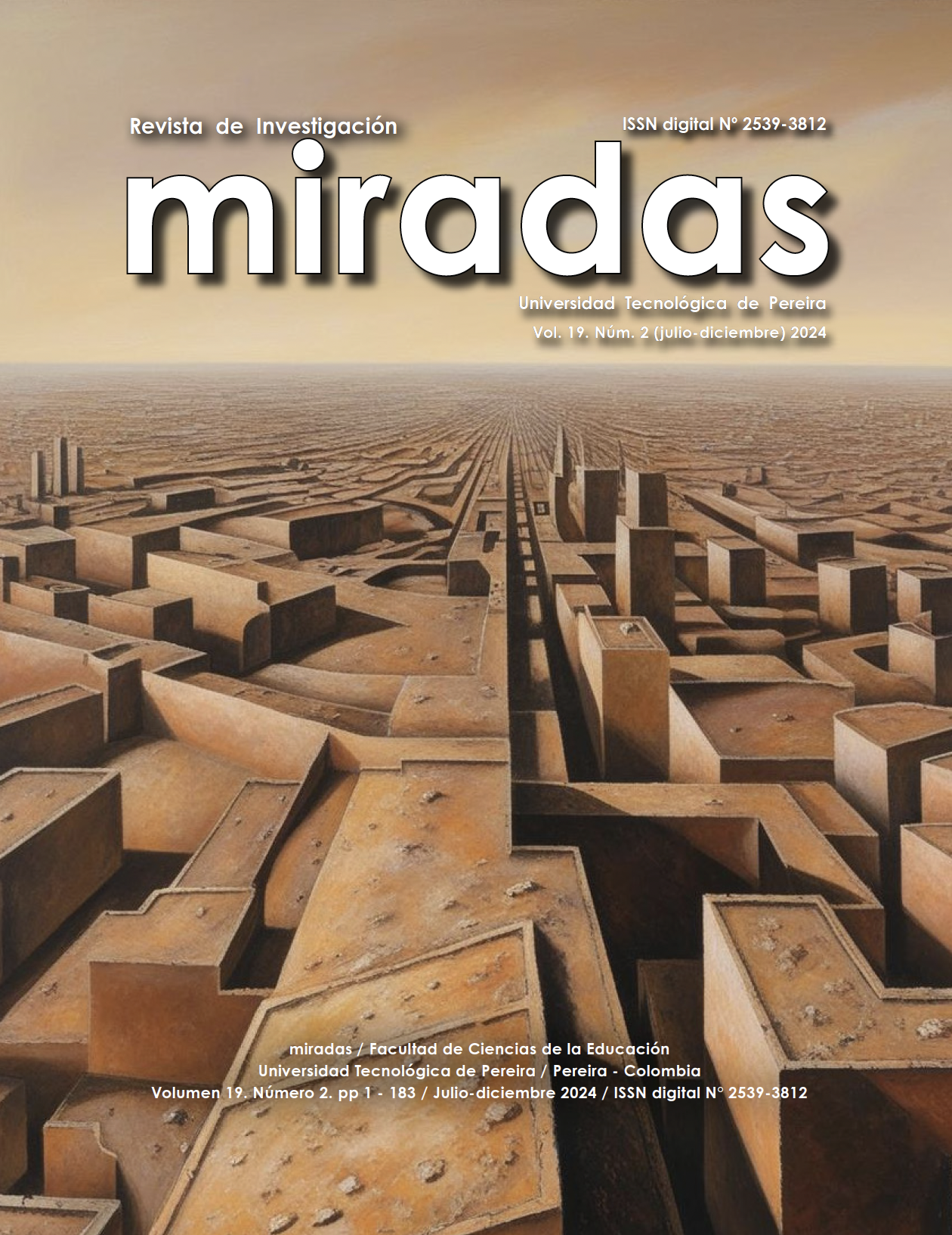Gamification as a learning strategy to strengthen the reading habit
DOI:
https://doi.org/10.22517/25393812.25517Abstract
The purpose of the research carried out was to promote the reading habit through gamification as a learning strategy, in 10th grade students of the Technical Commercial Educational Institution of the municipality of Sabanalarga – Atlántico, in Colombia. The study is based on the qualitative method, under the action research approach. The techniques and instruments were applied to a sample of 36 students. The questionnaire was used, which consists of 17 questions, which were developed based on 6 key aspects that are related to the habit of reading, taste, time, preference, role model, form and motivation for reading. Planimetry, in order to plan and organize activities, consists of 12 plans. Unstructured technical observation of the field diary instrument was implemented, the purpose is to make a detailed record of the implementation of gamification in the classroom, participation in activities, experiences, perceptions are recorded, which contains oriented questions related to the categories . of gamification and reading habits. Finally, the focus group with the purpose of evaluating the impact of the learning strategies that allow us to capture the feelings, thoughts and lives of individuals. Actions were planned, executed, evaluated and systematized where important changes in the students' attitude were evident, such as: interaction with their classmates through the use of gamification in the classroom, motivation, interest in reading, teamwork, they were active and creative with the use of technologies in learning, they expressed their feelings of emotion with respect, effectively strengthening the reading habit in the students.
Downloads
References
Andrade, J., L. Bonilla, L. & Valencia , Z. (2011). La agresividad escolar o bullying: una mirada
desde tres enfoques psicológicos. Pensando Psicología, 7(12) 134-149.
Diaz, L. (2021). La gamificación como mediación en el fortalecimiento de la comprensión lectora
y la escritura en estudiantes de básica secundaria . [Tesis de Maestría - Universidad
de Santander].
Dong, Y. (2020). The effect of traditional bullying-victimization on behaviour cyberbullying
among college students: Based on the structural equation mode. Revista de psicología
social, 2(5), 175-199.
Estrada, J. (2021). La gamificación como estrategia pedagógica para el mejoramiento de las
habilitadades lectoras en estudiantes de tercer grado. [Tesis de Maestría - Universidad
de Santander].
Garaigordobil, M. (2011). Prevalencia y consecuencias del cyberbullying:. International Journal
of Psychology and Psychological Therapy,11(2) 233- 254.
Gutiérrez, L. y Mogollón, L. (2015). Acoso en las redes sociales en los jóvenes adultos de la
ciudad de Bucaramanga.[Tesis de pregrado - Universidad Cooperativa de Colombia].
Padilla, J. P. (2017). Seguridad y riesgos: Cyberbullying, grooming, sexting. [Tesis de maestría
- UOC].
Sánchez , L., Crespo, G. y Aguilar, R.(2016). Los adolescentes y el ciberacoso. Ayuntamiento
de Valencia.
Toledo Bravo, J., & Segura Gómez, T. (2022). Los docentes como formadores del hábito lector.
[Tesis de maestría- PUCE].
Toribio Valqui, L. (2019). Influencias del recurso didáctico digital en la competencia lectora del
área de comunicación en los estudiantes de tercer grado de secundaria del Colegio de los
Sagrados Corazones Belén, San Isidro, Lima, Perú. 2018. [Tesis de maestría - Universidad
Católica Sedes Sapientiae].
Torres,Y., Mejia, J. & Reyna, E. (2018). Características del ciberacoso y psicopatología de las
víctimas. Revista Repertorio de Medicinada y Cirugúa, 27(3) 188-195.
Vásquez, S. B., & Caballero, M. J. (2017). Ajuste picosocial en adolescentes víctimas del cyberbullying.
[Tesis de doctorado - Universitat do Valencia].
Downloads
-
Vistas(Views): 947
- PDF (Español (España)) Descargas(Downloads): 571



